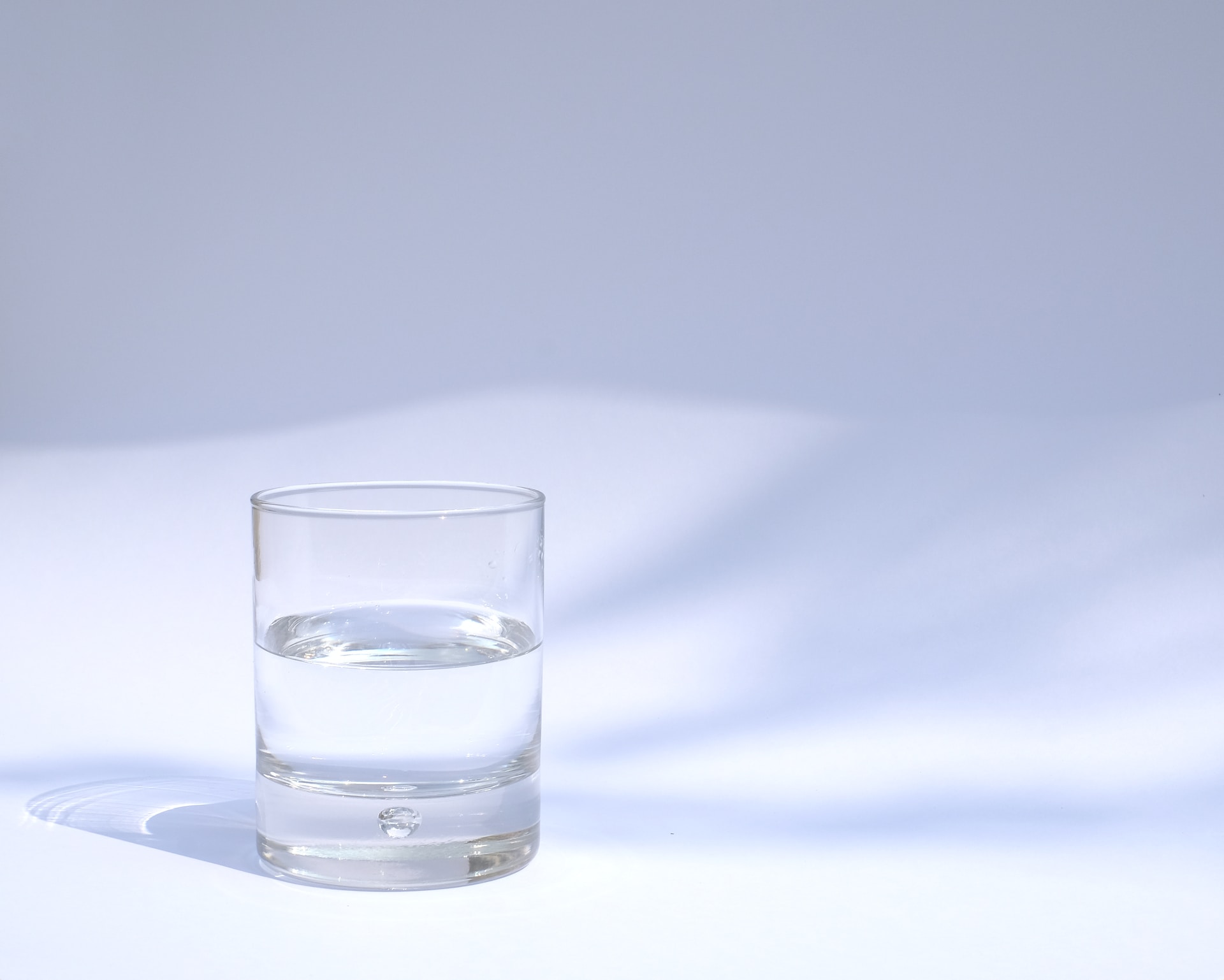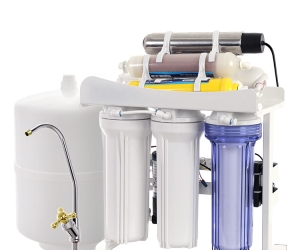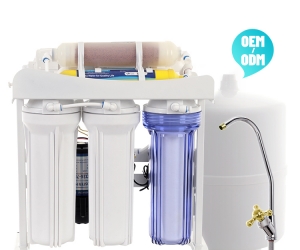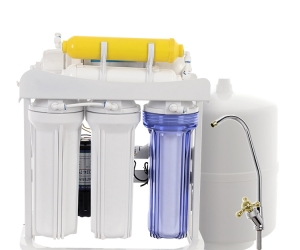Inside of most reverse osmosis purifiers and POE whole house systems, carbon water filter plays an important role deals with residual Chlorine, Taste, Odors and more harmful chemicals. A carbon water filter has great absorption effects with the help of dense pores on its surface.

Free Chlorine, Bad Taste, Unusual Odor
Water outflows taps and faucets tastes badly with smelly odors? If you are suffering from this point, better adopt a carbon water filter in your house water filtration system. Tap water smells badly due to chlorine is usually not a concerning issue. The water comes out taps is disinfected with chlorine to make sure it is safe to drink after long time flow in city water plumbing system. Once the residual chlorine accumulates to a high concentration, it brings bad taste and smell. Carbon water filter adsorbs free chlorine very well. When unfiltered water flow into the filter, it contacts with activated carbon closely. Then, the chlorine left in water easily filtered out by means of attractiveness and movements among molecules.
Carbon Filter Works on Chemical Residue
Drinking tap water mainly comes from lake, river, reservoir and well. The water at those sources is not as clean as it was before. Some industrial and agricultural production pollutes those water slightly or severely. Some herbicides and pesticides will left in surface and underground water which may cause severe pollution. Activated carbon water filters do a great work on filtration of chemical herbicides residue as its small pores easily adsorb the residues and make them adhere to activated carbon. Finally, dispose the carbon water filter once its life runs out.
Get to Know Various Carbon Water Filters
Now, there are 2 kinds carbon water filters on market. One is CTO carbon block filter and another is GAC granular activated carbon filter. Both of the two carbon water filter have an excellent performance on chlorine, taste, odor, organisms and chemicals filtration. They differ from the inner activated carbon. CTO carbon water filter uses carbon block while GAC filter uses carbon granules. CTO carbon filter has a longer filter life with a slower outflow rate. GAC carbon water filter may last shorter and suit filtration with a fast water flow requirement.
How to Choose the Right Carbon Water Filter?
Essential part of carbon water filter is the activated carbon inside of it. Charcoal carbon and coconut shell carbon are 2 popular choices that used to make carbon water filters. Charcoal carbon contains mainly mesopores. Coconut carbon has many micropores. Micropore is much finer than mesopores. The smaller the pores are, the better filtration effects a carbon water filter could achieve. So, Charcoal carbon filter is enough when users need to deal with normal impurities. If the water contains mainly most smaller impurities, then coconut carbon water filter would be a better choice.





